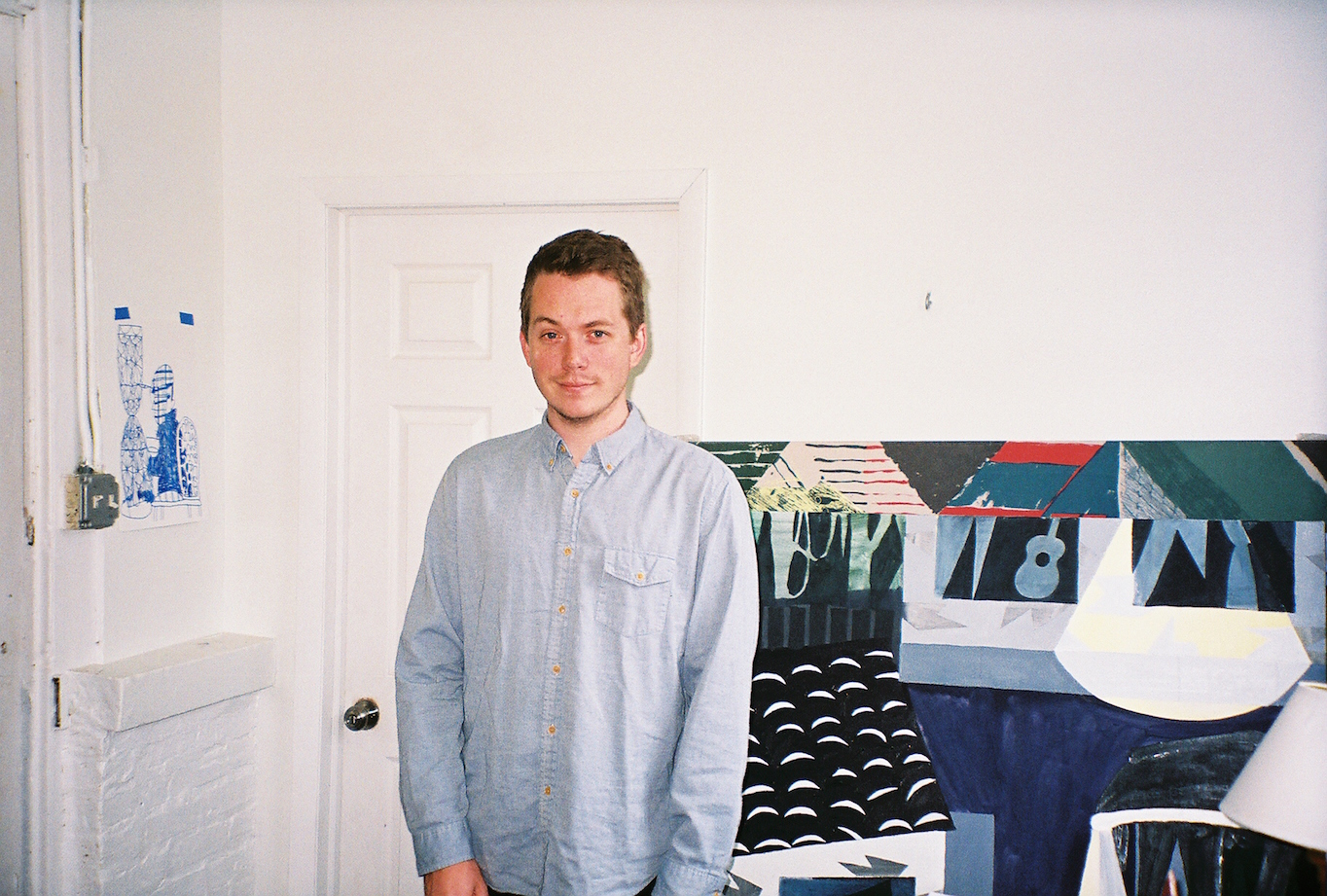
“This is going to be hard to type out. I always think about that.” Chicago artist and Pool Holograph bandleader Wyatt Grant worries in the general direction of my recorder as he catches himself in-between drifting thoughts early in our interview.
When I tell him not to worry about it and insist he stops apologizing, he assures me with a laugh that he’s just getting started. That little moment, shared over a few beer cans in the teensy kitchen that marks the space between Wyatt’s bedroom and studio, sums up in a small way what makes Wyatt such a fur-reaking babe. Wyatt is incredibly generous and thoughtful—the kind of person that could anticipate and want to be sensitive to the pains of future me dutifully typing out our conversation. He’s open and honest, with receptive eyes, another example, and a laugh at the ready to invite you deeper into his ideas. And in his presence, through his example, you understand that it’s okay for you to lay it all out there, too.
Wyatt’s work, from his artwork to his music and back again, lives in a dreamy intimacy, in a world that feels comfortable, familiar, and yet somehow imbued with mystical energy. Through it all, Wyatt seeks “longevity, truthfulness, and a worldly purity.” He believes that those things are present and possible to obtain in every moment, not just in his creative work, and finds inspiration and room to grow in almost everything, even in his current day job as a warehouse manager. Wadda babe!
With Pool Holograph’s new full-length record, Mortals, just released, we talk to Wyatt about what he’s making now, what big changes he’s gone through recently, what he’s learned about loving yourself along the way…and, of course, Friends.
Pool Holograph has evolved a lot since we first met. It started as a solo project, and now you have a full band with three other members. What’s that like?
Pool Holograph, which has been running ever since 2009, has really been, quite honestly, a few different bands at least. I just didn’t catch on to change the name. Now, it’s basically reformed again into this really solid…it sounds weird calling it solid, but this iteration just feels more like a family. We can all really relate to each other big time. We’re all living together here.
That’s probably why the show Friends really resonates with you now.
[Laughs] Yeah, absolutely. I’m rooting to be Joey, but I’m most likely Phoebe or Chandler or something…Phandler. [Laughs] I love Friends.
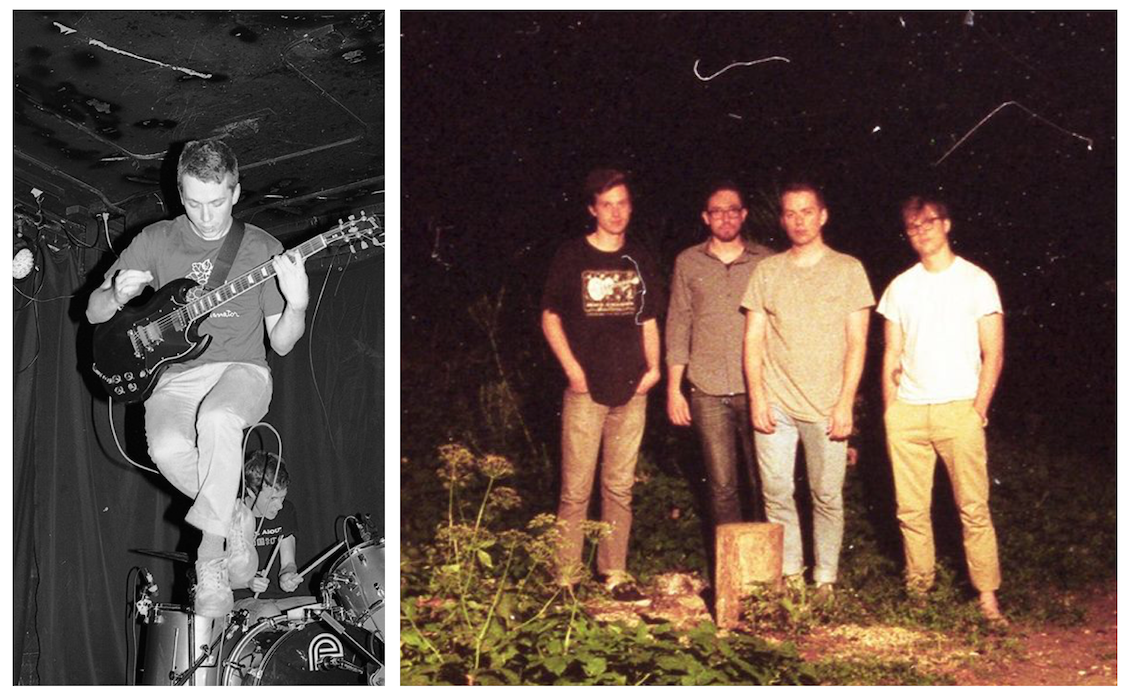
How has adding more band members changed your sound? Has it changed your process?
Most of the songs on Mortals came from at least a sketch that I did alone in my room on an iPhone or whatever, so I’m still writing in a similar way. But naturally, when you get in a room with a lot of other people and sound and motion, it increases the energy a lot. At some shows, we actually get mistaken for a hardcore band or a really heavy post-punk band because that’s how we play sometimes. But it’s all sprung from acoustic guitars.
There’s no creative struggle, surprisingly, between all of us. We’re all feeling our way through these new songs and exploring what could be next. We’re all pretty devoted to the idea that we’re not attached to one given sound. The premise of the band is that it’s constantly evolving, which is sometimes painful but also really cathartic.
In a band, as opposed to playing with loops, it’s much more about the reality of playing instruments live and getting used to pain and things being very visceral. It’s a weird meat grinder to put a sensitive song through, but it’s been coming out in really interesting ways.
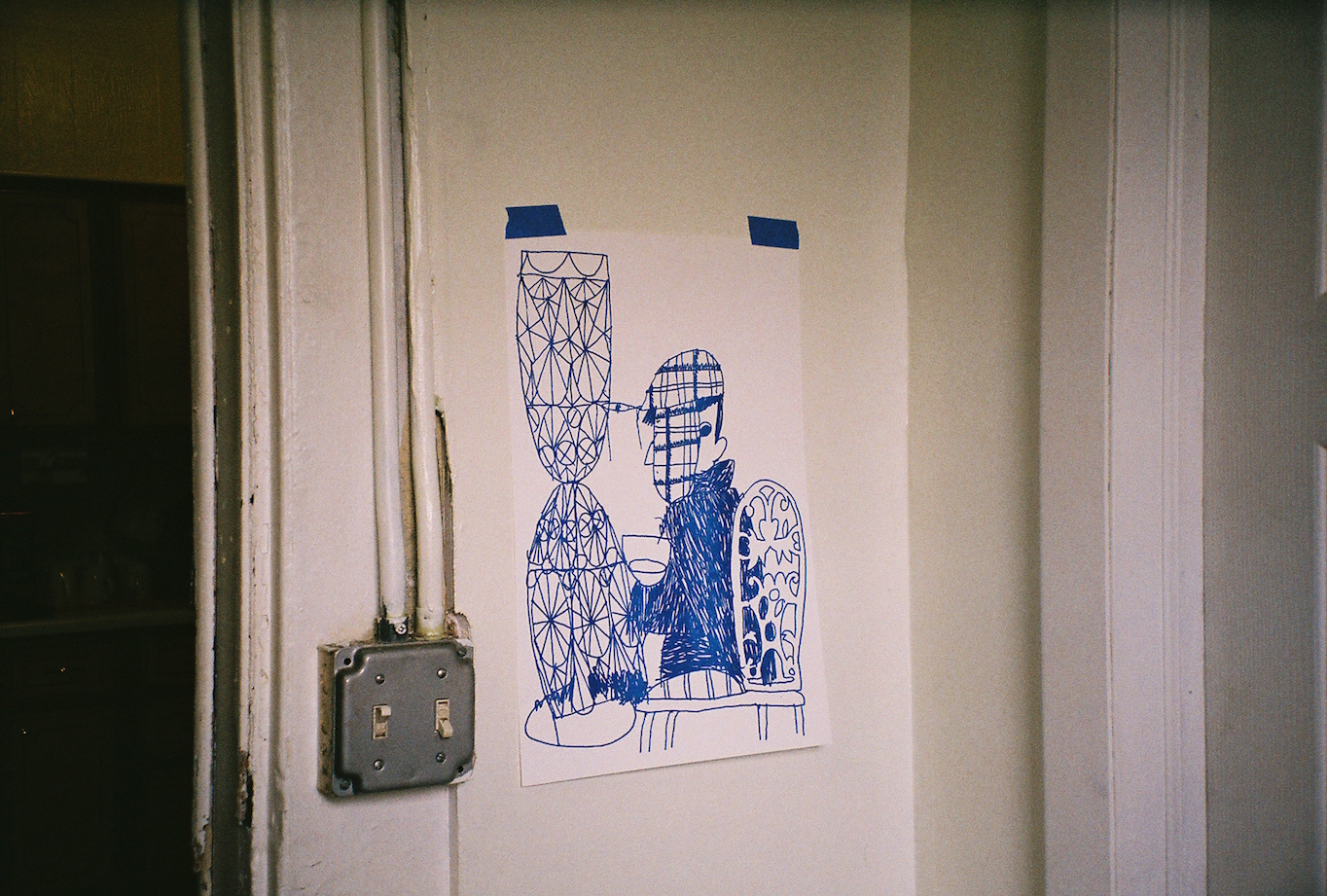
This year has been an exciting time for your art, too. What’s new?
Earlier this year, I had my first proper solo show at Paris London Hong Kong, which is an art gallery co-run by a few different people that take turns curating shows. An old professor-turned-friend of mine, Dan Devening, asked me to do something there.
The show was called Dreamer Gets Another Dream. It was made up of a lot of works that I was making in the studio that I saw as a digression or a deflation from what I was working on before, which were these monolithic, giant…well, not giant…but sort of high-over-head pieces that I spent a lot of time on. Instead, I was sort of letting these be themselves. Since then, I just continued along that path.
I’ve also done some real-world art things. I did a mural for the Thompson Hotel, and I also did this thing at the MCA recently with Cody Hudson, aka Struggle Inc., who I met through the show earlier this year.
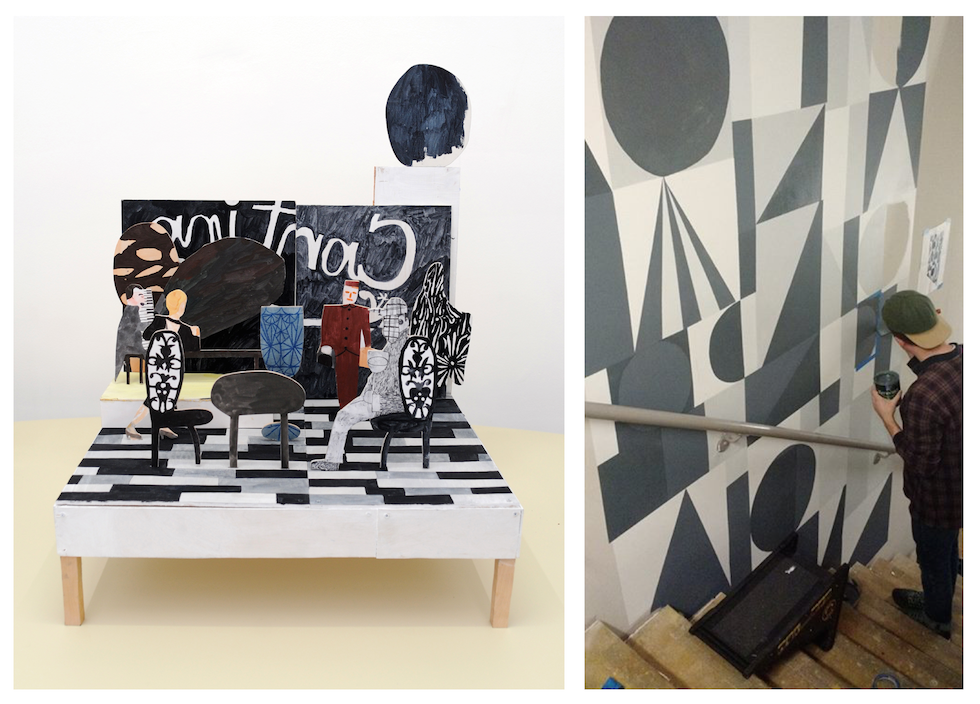
You used to work more in the art world as your day job, and you got out of that. What happened?
I was working at a design position, and I kind of did a beeline out of there to a busboy job. No one was really sure why I decided to do that, and I didn’t really know either. I moved up to Rogers Park and was really pretty separated from a lot of things. That experience definitely changed me.
People treated me kind of badly sometimes in the busboy job, but I also got to keep to myself and just, like, work really late nights and clean toilets. I spent a lot of that time totally alone, writing songs and making a lot of art, and also purging a lot of habits that I had. Not that they needed to be purged, but it’s like…there’s this artist, Ray Johnson, who you may know from the documentary, “How to Draw a Bunny.” Rauschenberg and Warhol took a lot from him. He was kind of an unsung hero. And he threw away a lot of his art.
That kind of goes back to this story of a Buddhist monk who destroyed a Buddha. He was about to be beheaded for arson and destroying a sacred symbol, and they asked him, “Why did you destroy the Buddha?” He responded, “If you destroy the Buddha, where is the Buddha?” So, if you destroy the art, where’s the art? It’s about looking at it on a different, spiritual level.
I started to see the patterns I was trying to keep up with or trying to maintain as an extra arm—me trying to find confidence in continuity and just getting in my own way. Instead, I wanted to just let those practices or habits go. There’s no better way to do that than to be away for a bit. It helped me unwind some of those things, which I’m still doing.
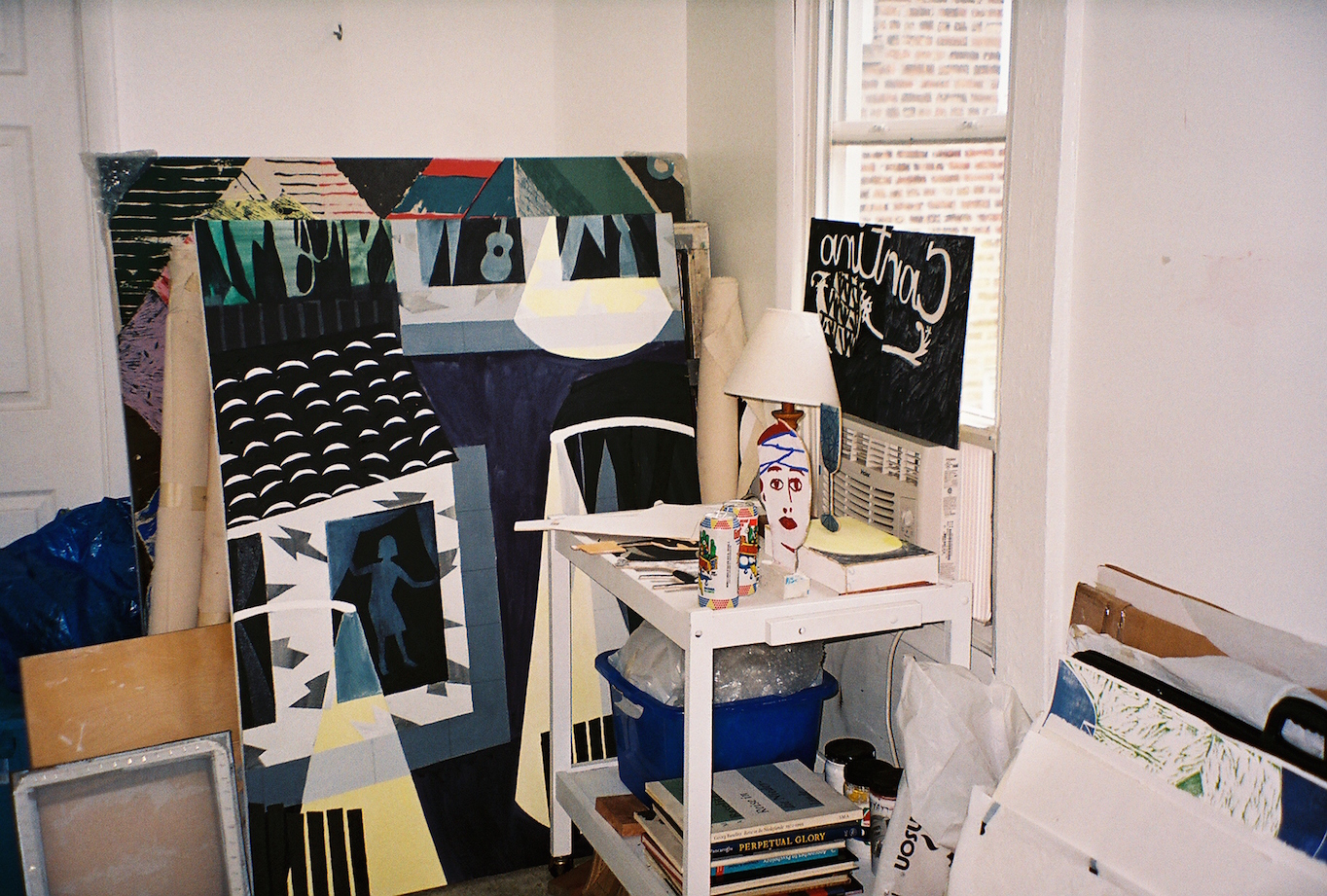
Sounds like you’ve been through a lot of ups and downs recently.
Well…do you know about Alan Watts, the British philosopher? People called him a philosophical entertainer rather than a philosopher sometimes. He breaks down a lot of Eastern philosophies for Western people. [Laughs] He was looking at a saw, its peaks and valleys. You feel the tip of a saw blade and you think, “Wow, that’s really sharp.” But it’s not those things that actually cut. It would be nothing without the support or the traction gained from this other area.
That analogy helped me realize that seeing things as high and low is bullshit. I don’t think I’ve ever known any great person that I admire for what they’ve done in their life that has always had 100% gratification all of the time. Many of them, in fact, have gone through some pretty heavy times. I connect with these people from there: their pain in being a creative person or in their journey of doing what they think is important. Just…being able to navigate thoughtfully through struggles and not just be like, “Welp. I got the shit end of the stick this time. Fuck everything!” Many of them will tell you that you are owed nothing. Just be happy to be surfing.
But I don’t know if I can talk about surfing. [Laughs] Actually, there’s one picture of me when I was little where I borrowed someone’s surfboard. I really wanted a picture of me surfing. There were zero waves, and I just didn’t think mechanically about how that would work. So there’s a blurry picture of me in the middle of the calmest sea in the world, balancing myself on a surfboard for three seconds, with all these surfers dying laughing in the background. I thought if I got on a board, then serendipity would take me. [Laughs]
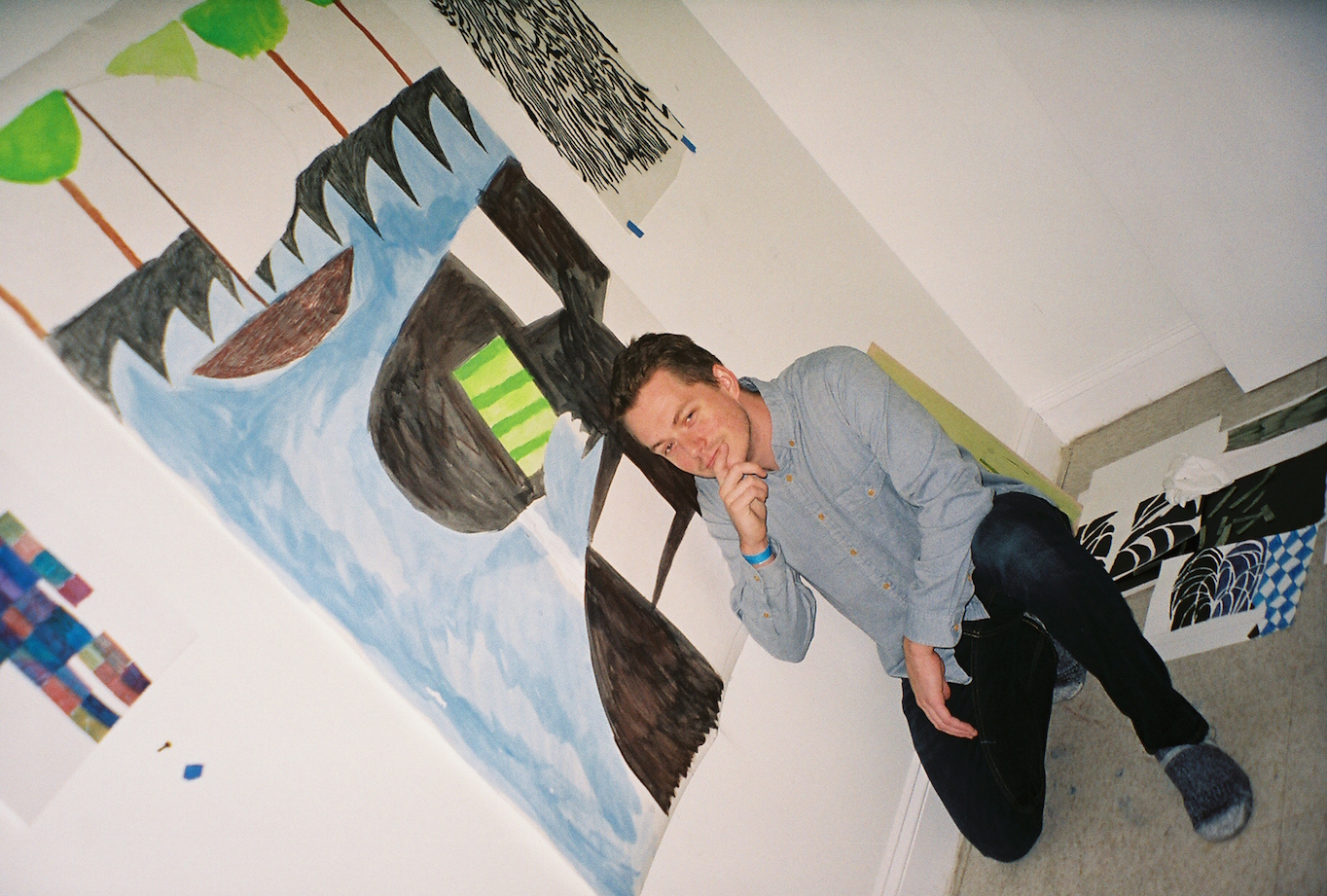
We need that picture! You talked a bit before about eliminating some practices or habits in your work. What are you trying to keep? What motivates you in your work now?
I saw time passing for a second, and it shocked the hell out of me. Now, it comes down to focusing on the most vital things that I want to make stuff about. Because I want to make stuff. It comes down to that always.
Longevity, truthfulness, and a worldly purity are all sort of blended together for me into this core. When I feel like I’m hitting that core, that’s something I really want to focus on in everything I do. More often than not, that core is totally related to real-world, happening every day, between every word, kind of things.
And I am so willing to give up any sort of manufactured aura about my work that I was so obsessed with when I was in college because I was so afraid to fail. I’m so incredibly willing to kiss that goodbye to actually be connected to the things that makes me feel alive. Not “alive” like standing in the front of a ship with Leo DiCaprio “alive.” [Laughs] Alive as in getting outside of your head. That’s the most exciting thing to me about making work and making songs.
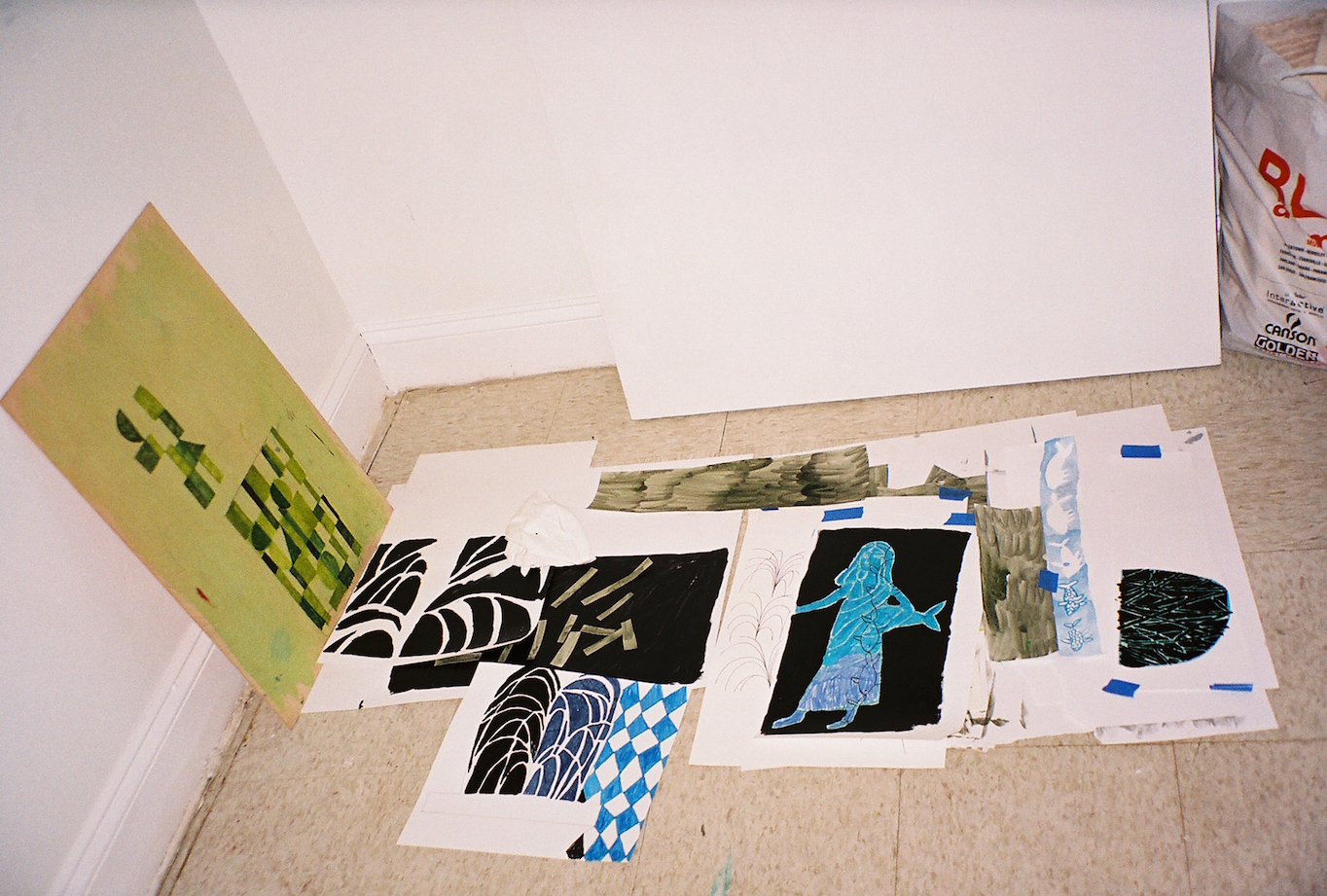
As someone who we rely on for deep conversation, Babe Squad wants to know: what have you learned about self-love so far?
Self-love…geez. Shit…I’ll start at the end. There’s this adage about older artists—you can take it or leave it, I just think it’s a funny idea—that they become caricatures of themselves, like Picasso or Dali. Like, if you think of a person as a composite of images over time, they would be seeing themselves and acting like an average of those pieces. And that is a really shitty point to be at because you’re not an average. You’re reactive. You are a human being that can change your mind about anything. You can, under any light, be something totally different.
Think about those exercises that show you how color works. You hold a certain color light in front of a dandelion, and the yellow becomes extenuated. You hold a different color light there, and the yellow becomes invisible. You can be the same person and, under self-imposed scrutiny, you can make yourself feel like nothing.
I think self-love has a lot to do with being able to thoroughly experience a new thing without your ego standing in the way. But, interestingly enough…I was reading this book I got from Fraser Taylor’s studio. It was a psychological analysis of primitive art. Examining the mind, and the facets of ego, is the first part of the book. People see ego as debilitating, conceited, cynical, but actually the ego itself is what helps you make creative decisions. It facilitates making decisions for yourself that result in self-love. So ego, which can sometimes make you hate yourself, is also a mechanism that can make you do something that is reaffirming in your life.
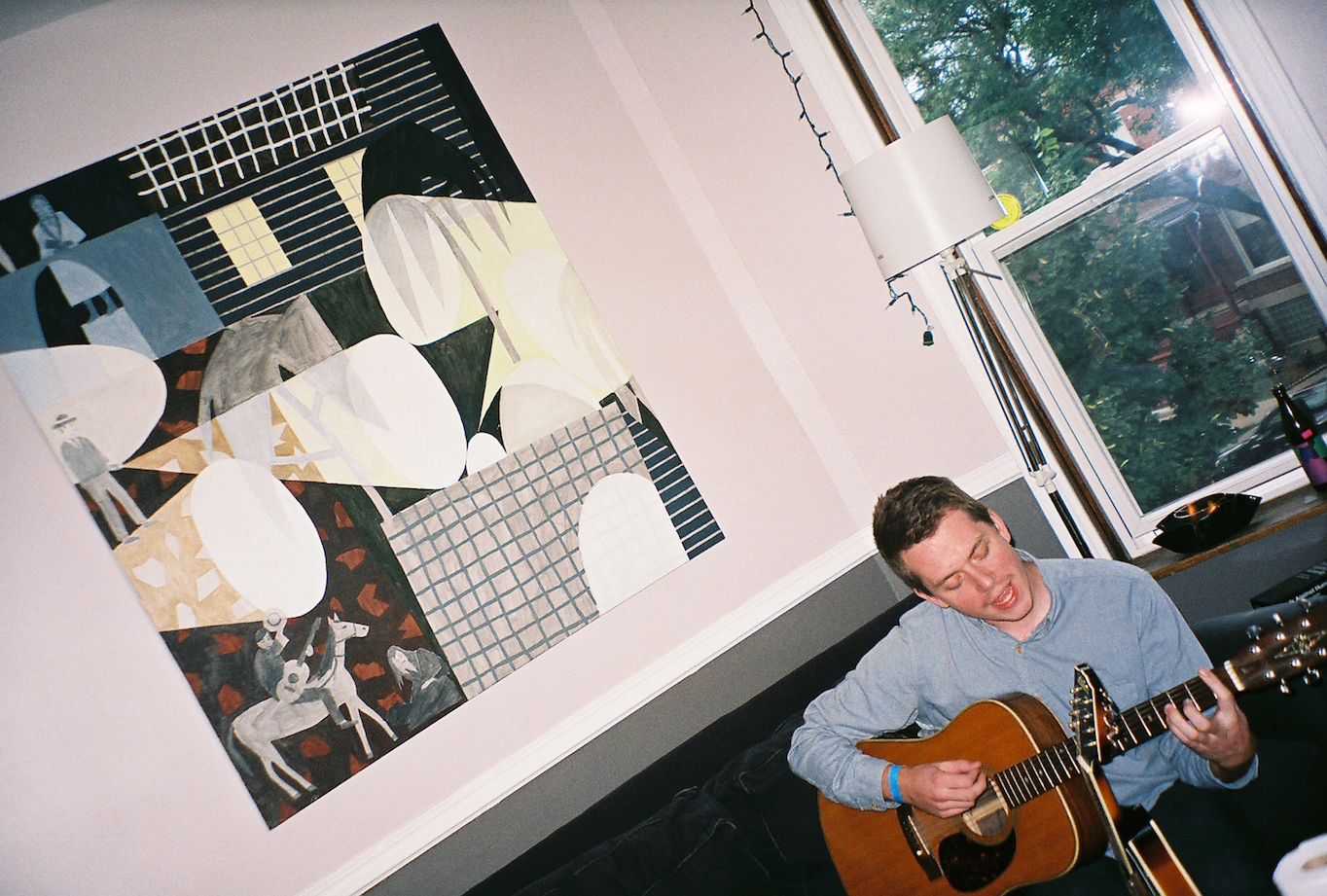
How are people reacting to your work? Is there anything particularly intimate or interesting that people have said to you about your art or music?
I got a terrible review of my solo show. It said the show was about absolutely nothing. The show means a ton to me, so obviously it’s just totally untrue. It didn’t turn me away from anything. But it’s a lesson I’m still unraveling.
It’s made me think about the critic and how they operate in the ecosystem of the arts. Because the critic is kind of like a trickster character. The trickster can take the form of a snake or a jackal or a genie, and they wave between the gateways of heaven and hell. They can make you hallucinate for days, thinking that you’re with your loved one when you’re just wandering the desert. But the trickster is also the god of the arts—which are meant, in some ways, to trip people up. People’s perceptions and opinions come from the same well as ideas. Art comes from that same place of frustration and misunderstanding.
But, ultimately, I think the intimate reactions have fueled my work single-handedly. Having people react well to the things that I do privately that I’m really in touch with, that I feel really comfortable doing or that are truly a part of me, that’s what keeps me going. The fact that they still got something out of it when it’s coming from this really potent, personal mythology, or sometimes a totally random collage of things I read or saw on the street. I have a lot of gratitude for people that work to understand things that I’m doing. That’s been totally reaffirming that, you know, you’re in this for those people that are challenging themselves and just as much to challenge yourself.
It’s about disregarding what you know to be success and being in this creative mode in order to find something that’s hard. Find something that’s core. Because it’s easy to dress things up quite a bit, but that’s not what I’m doing. It never is going to be what I’m doing. Being able to run with what comes most purely to you is the track that I want to be on.
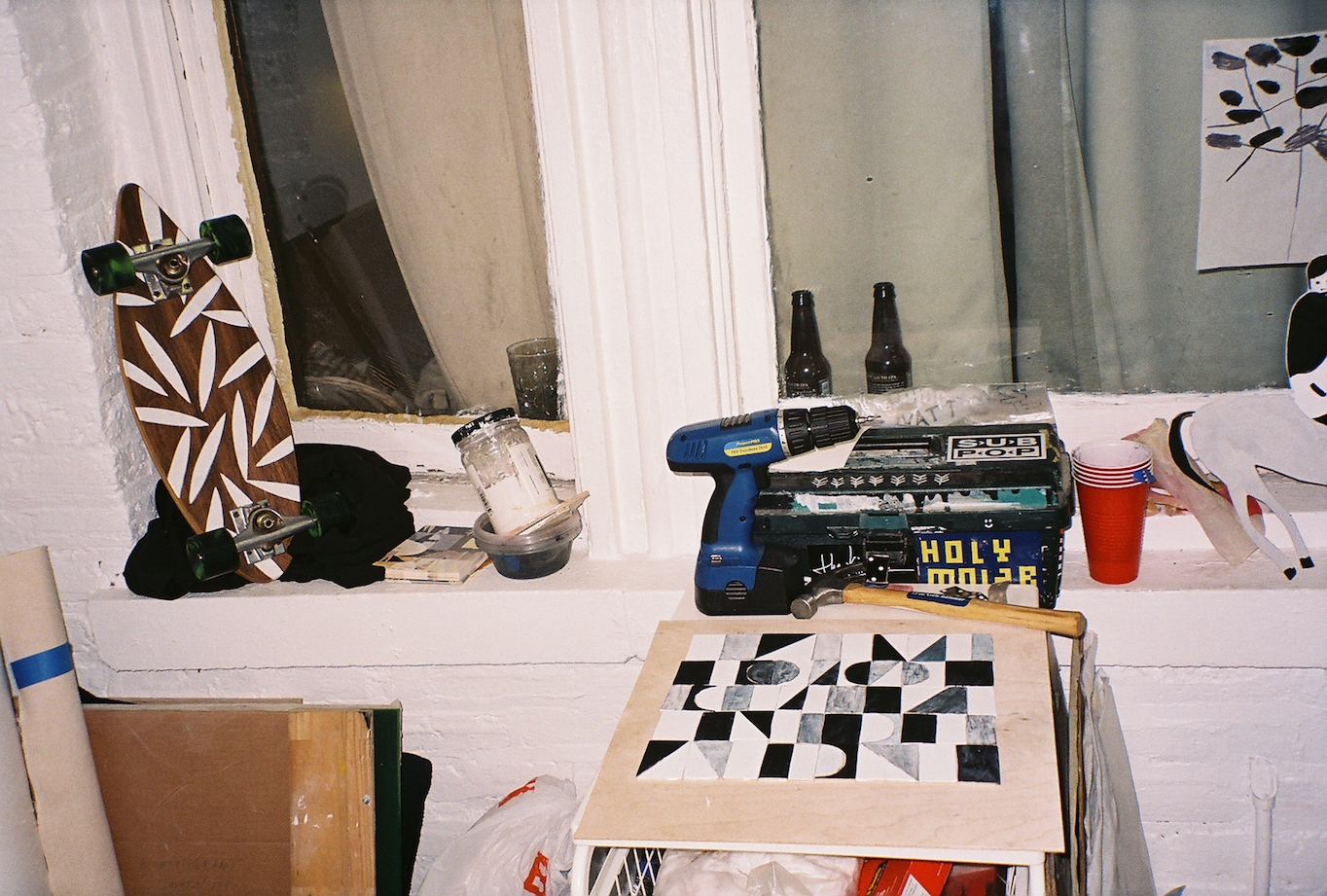
What do you define as success?
I learned something about success early on from an artist that I really admire. He started this giant company that was very well-known around the world, and his first solo show was completely sold out before it opened. He was a main fixture of this arts community that was eating him up. Then, overnight, it completely collapsed. No one wanted to see him anymore. No one wanted to talk to him. It was nothing that he did. It took him years to recover from that, and consequently, he’s the most true, pure person that I have ever met, and he has more good things to share with the world than anyone I know.
He made sure to tell me early on about how fickle the art world can be, and how fickle people can be sometimes. He didn’t say this exactly, but from him I learned to dismantle the idea that that’s success. And, you know, you can measure monetary success, and that’s great. But, for me, conviction, passion, creative growth, and love…like in the most non-sentimental way, I’ve got to say that’s success.
And also, in college, I read this short story called “Living Like Weasels” by Annie Dillard. It’s a story about a hunter who shot this large bird. When he found the dead bird, he saw that it had this medallion-like thing in the center of its neck. It was a skull of a weasel, embedded in this bird’s neck. Its jaws were locked into the bird’s throat from when the bird ate the weasel. The rest of its body burned away, but the skull remained.
This skull served as a symbol of tenacity that extends beyond what most of us get to experience. Beyond your life. More of a spiritual dedication. I was obsessed with that idea once I heard it, not that I’m saying I embody it, but it changed me fundamentally because it gave me a picture outside of this dollhouse. That’s what love’s about. That’s what creating things is about. I have not mastered it whatsoever. But that, to me, is a part of success that does not go hand-in-hand with selling out your show. It goes hand-in-hand with you being alone and loving what you’re doing. That’s an extremist perspective. But, that resonates with me as a concept of success or…actually, it removes or dismantles the concept. It makes it inoperable. It makes you realize the concept of success doesn’t really serve you well. You need to learn to serve yourself.
That’s what I can say to that. [Laughs]
Check out Wyatt’s art and past projects on his website. Listen to and buy Pool Holograph’s new record on Bandcamp, and follow them on Facebook for up-to-date info on upcoming shows and new tunes.

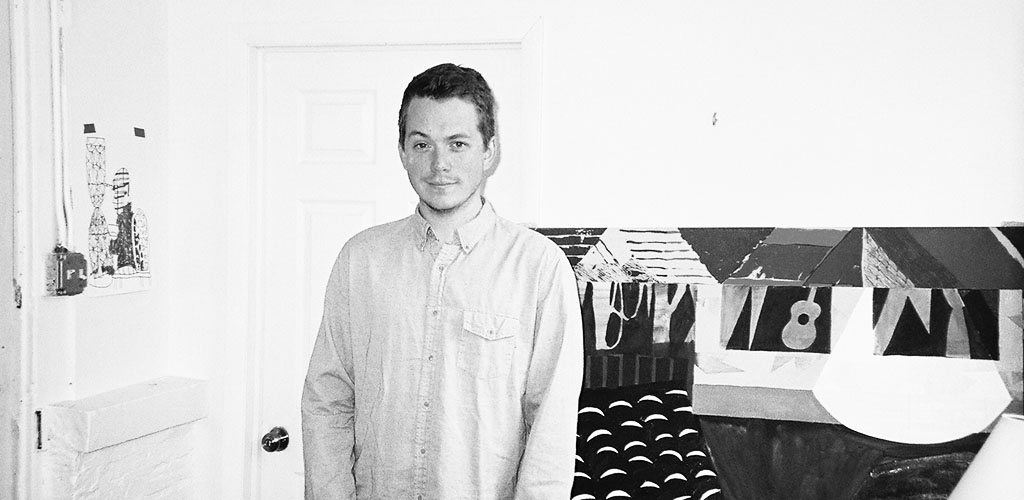
Kerri O'Malley
Posted at 17:52h, 17 NovemberHolla babes! If you’re interested in hearing more about POOL HOLOGRAPH from all of its members, check out this interview I did with them for Impose! http://www.imposemagazine.com/bytes/new-music/pool-holograph-mortals